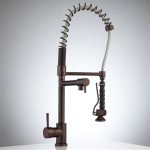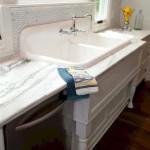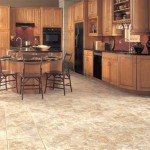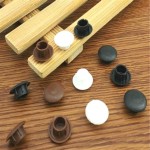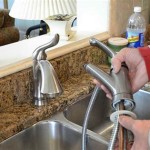Essential Aspects of Standard Thickness of Kitchen Worktop
The thickness of a kitchen worktop plays a crucial role in its functionality, durability, and overall aesthetics. Understanding the standard thickness options available and their respective advantages and considerations is essential for making an informed decision when designing or renovating your kitchen.
Standard Thickness Options
The industry standard for kitchen worktop thickness ranges from 20mm to 40mm, with each thickness category offering its own unique set of characteristics:
- 20mm Worktops: Thin and sleek, 20mm worktops provide a modern and minimalist look. They are ideal for smaller kitchens or those with limited space, as they create a sense of lightness and airiness.
- 30mm Worktops: The most common thickness, 30mm worktops offer a good balance between affordability, durability, and practicality. They are suitable for most kitchen designs and provide ample space for appliances and storage.
- 40mm Worktops: Thick and substantial, 40mm worktops exude a luxurious and high-end appearance. They are ideal for creating a statement in larger kitchens and can provide additional support for heavier appliances and work surfaces.
Advantages and Considerations
Each standard thickness option comes with its own advantages and considerations to be aware of:
20mm Worktops:- Advantages: Sleek and modern aesthetic, suitable for small spaces
- Considerations: May require additional support for heavier loads
- Advantages: Affordable, durable, suitable for most kitchen designs
- Considerations: May not provide as luxurious an appearance as thicker worktops
- Advantages: Luxurious appearance, excellent support for heavy appliances
- Considerations: More expensive, may require more countertop overhang for proper support
Material Thickness Considerations
In addition to the standard thickness options, it's important to consider the material of your worktop when making a decision. Different materials have varying thicknesses available, and these should be taken into account during the planning process:
- Granite and Quartz: Typically available in thicknesses of 20mm, 30mm, and 40mm
- Laminate: Typically comes in thicknesses of 28mm and 38mm
- Solid Surface: Available in a wider range of thicknesses, including 6mm, 12mm, and 18mm
- Wood: Available in thicknesses ranging from 25mm to 50mm or more
Choosing the Right Thickness
Ultimately, the best thickness for your kitchen worktop depends on your specific requirements, preferences, and budget. Consider the following factors when making your decision:
- The size and layout of your kitchen
- The style and aesthetic you want to achieve
- The type of appliances and equipment you plan to use
- The material you choose for your worktop
By carefully assessing these factors, you can make an informed decision that will ensure your kitchen worktop meets your needs and enhances the overall design of your space.

Kitchen Worktop Height Everything You Need To Know House Of Worktops

Worktop Thickness Compatible Stone Sinks And Hobs

Standard Slab Size And Worktop Thickness

The Role Of Kitchen Worktop Thickness In Design Styles

Kitchen Worktop Height Depth Wall Unit Dimensions Guide Multiliving Scavolini London

Which Thickness Is Perfect For Your Kitchen Worktops

How To Choose Your Worktop Thickness

All About Laminate Kitchen Work Surfaces A Worktop Express Nuts Guide Information Guides

How To Choose The Thickness Of Your Kitchen Worktops Cawdor Stone

Choosing The Right Worktop Thickness For Your Kitchen 20mm Vs 30 Mm Worktops Classystone
Related Posts

